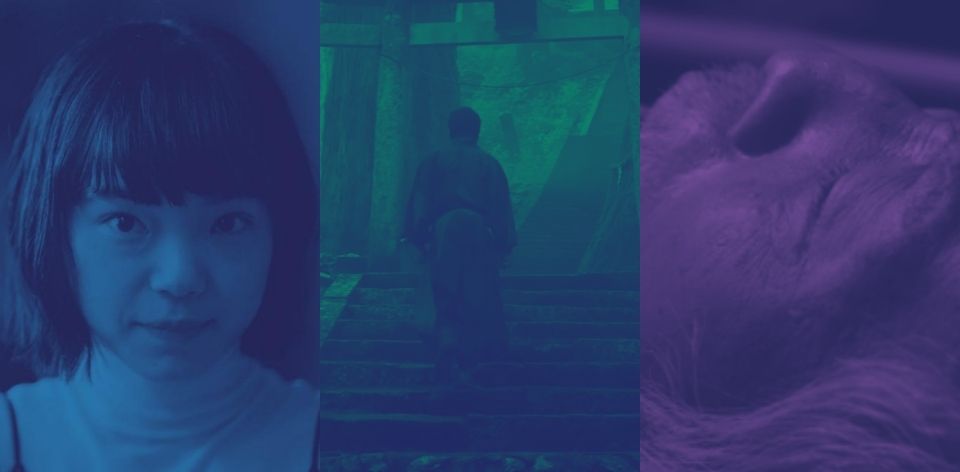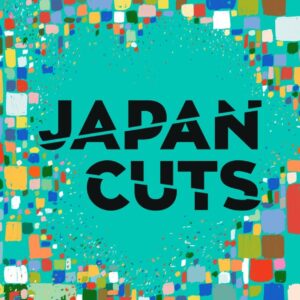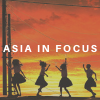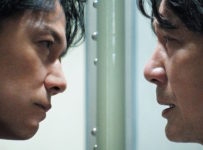JAPAN CUTS is running online this year, giving even more people a chance to see some of the amazing narrative shorts playing in the program.
The term ‘short film,’ in all its plain descriptiveness, is occasionally a bit reductive. Indeed, in the context of a festival, they are often something that pre-empts a feature or played in rapid succession at a dedicated panel.
One of the benefits of the current crop of online festivals is the ability to highlight different kinds of shorts on their own platform. JAPAN CUTS has long been an advocate for this through their Experimental Shorts showcases and the New Directions in Japanese Cinema (NDJC) program.
In the absence of the latter, this year still takes time to highlight a trio of diverse short films that all clock in at around the 20-25-minute mark. Despite their a compact space, each of them manages to build a world that pushes the boundaries of its format. Indeed, two of the shorts here are by filmmakers primarily known for their recent feature-length films.
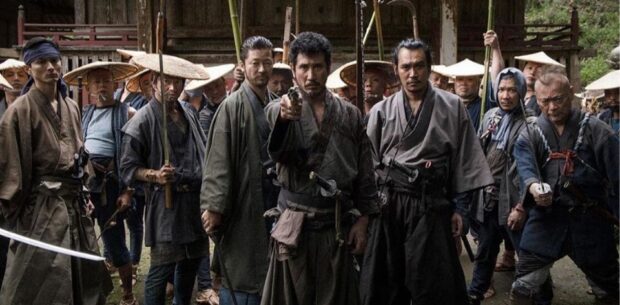
Case in point is The Miracle of Crybaby Shottan director Toshiaki Toyoda’s 20-minute epic WOLF’S CALLING (破壊の日). It’s a film that takes Chekov’s old adage about a gun in the first act and asks, ‘But does it have to go off?’ Here’s a terrific example of using the same object to build an incredible amount of tension amidst a sea of tightly orchestrated sight and sound.
A gun is found in an attic, triggering a flashback to an almost wordless clash between two opposing forces in the middle of the wilderness. With a cast led by Tadanobu Asano, and the 20-person Edo punk band Seppuku Pistols (who also provide the soundtrack), this is a film that just continues to build to a crescendo. If you’re watching this via the online festival, headphones are advised. It doesn’t offer answers to any of its questions, but I was on the edge for the duration of this dramatic short.
At the opposite end of the scale is the closed world of Yoko Yamanaka’s SEE YOU ON THE OTHER SIDE, an exploration of a consensual polyamorous relationship and the politics of truth in a sexual coupling.
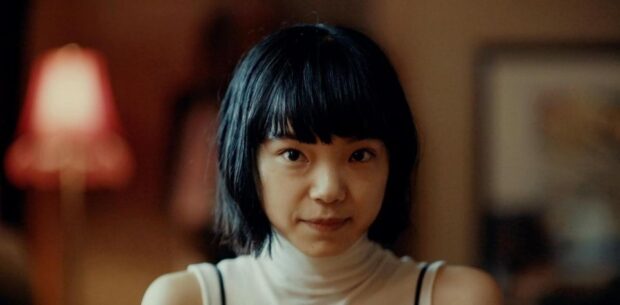
I first came to Yamanaka’s work via Amiko (2017) at JAPAN CUTS 2018. A fair distance from the DIY punk attitude of that feature, it’s a film that takes a hard-left turn and then immediately backs away from it. There’s a darkness lurking beneath the surface, and Toko Mirua (Dynamite Graffiti) and Kotone Furukawa (12 Suicidal Teens) are engaging leads. It just would have been great to see this story given more room to breathe.
BIRDLAND (緑の雪) is an emotional gut-punch. The second short from Takeshi Kogahara, whose Nagisa was also featured at this festival a few years ago, it focuses on the elderly Koji. Reliant on a caretaker and only semi-mobile, he is left alone one night to reflect on his life.
Primarily relying on visual storytelling, Kogahara manages to convey a lifetime of emotion in a what seems like a matter of moments. It’s difficult to watch at first, with Koji’s daily routine of barely eating, shakily pouring a drink or being changed by his carer quite literally laid bare.
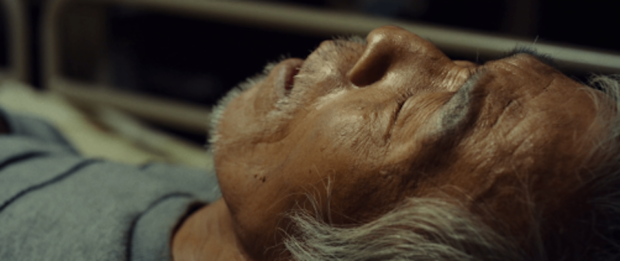
Come night, Koji’s reflections on his relationship take the form of a stroll through the forest in the recent past. His wife, also struggling with her health towards the end, silently conveys her feelings with the touch of a hand or a traced word. If your eyes are dry at the end of the film, then you may be deficient one soul.
JAPAN CUTS is also playing a selection of experimental and documentary shorts. They can be rented individually or part of a package. Some are even available for streaming worldwide. In a year when cinema has been at its most precarious, it’s nice to be reminded that there are masters working at the height of their craft.
Read more coverage of Japanese films from the silent era to festivals and other contemporary releases. Plus go beyond Japan with more film from Asia in Focus.

